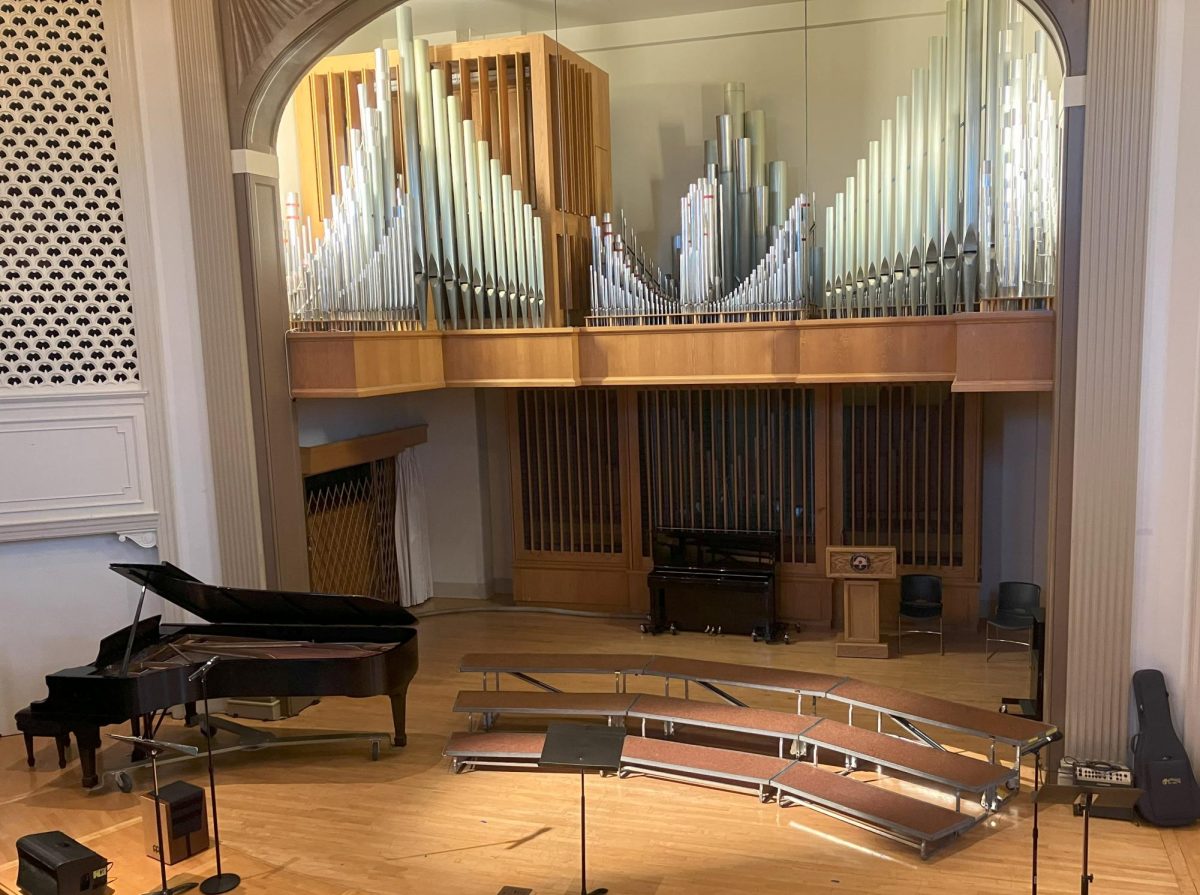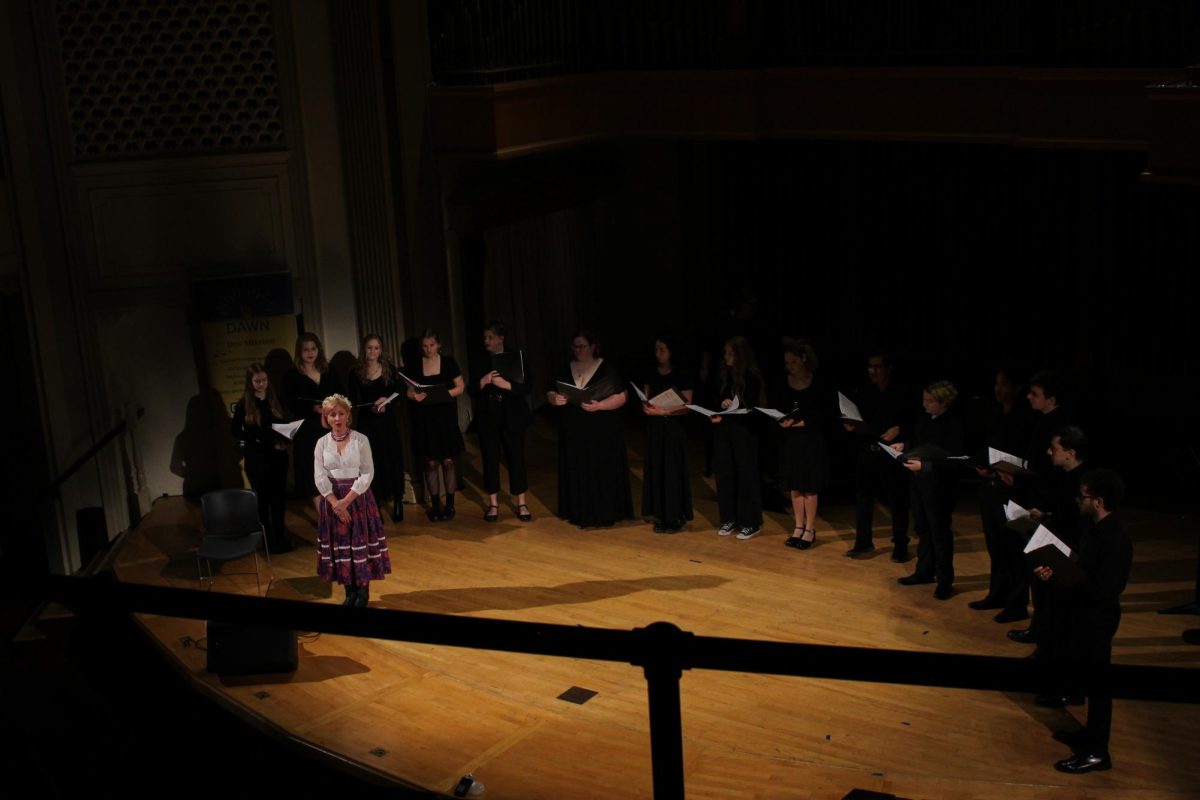Amber McKenna
Editor in chief
Many may not realize it, but every student living on campus is issued a phone number and, with it, a voicemail box. This number is an extension and can be used to make and receive local calls.
Cell phones are the predominant method of communication for most of the student body, and because of that, the majority do not have room phones or are unaware of the options available to them.
Irv Wiswall, Linfield’s chief technology officer, said the current telephone system Linfield uses was installed approximately 15 years ago.
“Students use phones less frequently than they used to,” Wiswall said.
He said in 2006 when Elkinton and Terrel halls were being built, they considered not installing phone jacks in the rooms. Student services ultimately decided to install them.
“We think about it from time to time,” Wiswall said. “Lots of campuses do. We wonder: Should we continue to provide phones for campus residences?”
When the Hewlett Packard Park Apartments were built in 2001, Wiswall said, voicemail and local call use was still in demand. So, phone jacks were installed in each bedroom and living room.
Integrated Technology Services did a study in 2005 to assess how many campus voicemail boxes are in use. The outcome was surprising. It revealed that most people check their voicemail every few days.
Student residence hall extensions have local call capability, but they can receive calls and messages from long-distance numbers.
Unlike students, faculty and staff continue to use their phones on a daily basis.
Another function of the campus phone and voicemail system is the campus message service. This message system sends a recorded announcement about campus events and happenings to all, or certain groups of, voicemail boxes. Frequent users of the service include the Office of Academic Affairs, the Office of Admissions and the International Programs Office.
“We use it as a way to reach all of campus,” Michele Tomseth, assistant director of international programs, said.
IPO has used the system for as long as it has been in place. The benefit to the voicemail system is that messages can received from any phone.
“Not every staff member has a computer on campus, but everyone has a voicemail,” Marie Schmidt, international programs assistant, said.
The message service and phone system is especially useful for IPO because a good number of international students rely on their extensions because they don’t own cell phones, Schmidt said.
Tomseth said using the service to advertise campus events is just another way to reach students and faculty.
“It’s a good way to get our message out to everyone,” she said. “We use fliers, table tents, e-mails and Facebook; the message is just one more avenue to get information out.”
If students have technical questions about their extension or voicemail they can contact ITS at [email protected].






